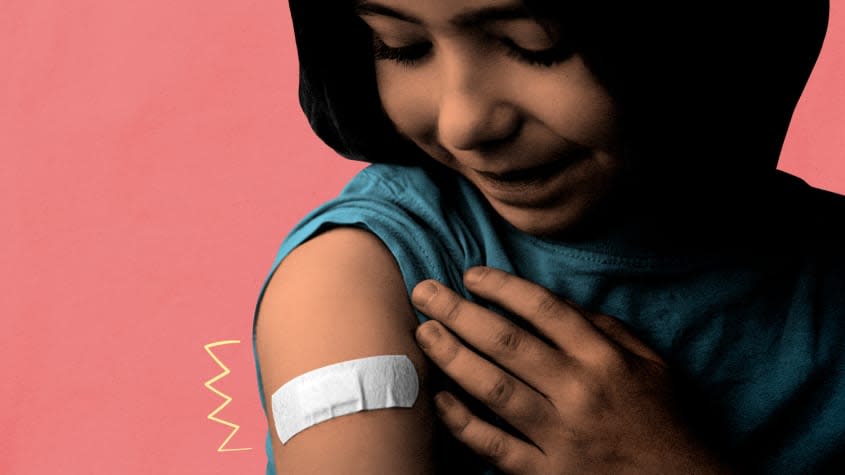Why vaccinating low-risk kids still makes sense

The Food and Drug Administration's vaccine advisory panel has recommended the Pfizer/BioNTech vaccine be granted emergency approval for children 5 to 11. Full approval is probably coming soon, too — so here's why parents should vaccinate the moment their children become eligible.
First, vaccination is practically certain to be less dangerous than a case of COVID-19, even though kids are already much less likely than the elderly to die or become seriously ill. What matters for children is whether getting the shot reduces their health risk, and all the evidence we have so far says it does.
Data on child vaccination, from both the Pfizer study and research with older children, suggest the chief risk is a microscopically small chance of heart inflammation, which is usually temporary and not life-threatening. Meanwhile, studies show COVID infection is markedly more risky, and in fact includes risk of that very same heart condition. The FDA panel has determined that the risks of infection for kids outweigh the risks of vaccination, "except possibly when there are very low levels of viral transmission." That's not the situation in the United States, where the pandemic is still on the rampage.
In September, the virus was the 7th-leading cause of death in children 1 to 4, the 6th-leading cause in those 5 to 14, and the 4th-leading cause in those 15 to 24. Long-term complications from a bad case of COVID — including apparently permanent loss of smell and taste, chronic fatigue, brain fog, or other problems still being studied — are being seen in children, too.
But the most compelling reason to vaccinate children has to do with Americans who are not children. Unvaccinated kids are a hole in our herd immunity wall. The pandemic will end when the virus can't infect new hosts quickly enough to perpetuate itself, and every increase in immunity gets us closer to that point.
England teaches us what happens when you neglect kids in this project. As this Financial Times analysis demonstrates, the U.K. was slow to vaccinate teens compared to Spain or Portugal. So while COVID cases have largely died out in those countries in both youth and adults, in England, teen cases have surged. Those infections were then passed on to older groups, including many breakthrough cases in the elderly or immunocompromised.
This argument gets stronger still when we consider national age. The U.S. has a considerably higher share of young people than almost every European country — the American median age is two years lower than that of Britain and more than five years lower than Spain's. That means that leaving children unvaccinated will produce a larger population reservoir for the virus to circulate and put America even further away from herd immunity relative to Europe.
Vaccinate kids, and we are one step closer to ending this pandemic nightmare. It's as simple as that.
You may also like
5 riotously funny cartoons about Steve Bannon's contempt of Congress charge

 Yahoo Finance
Yahoo Finance 